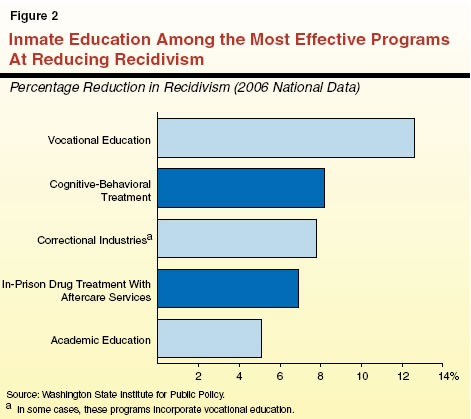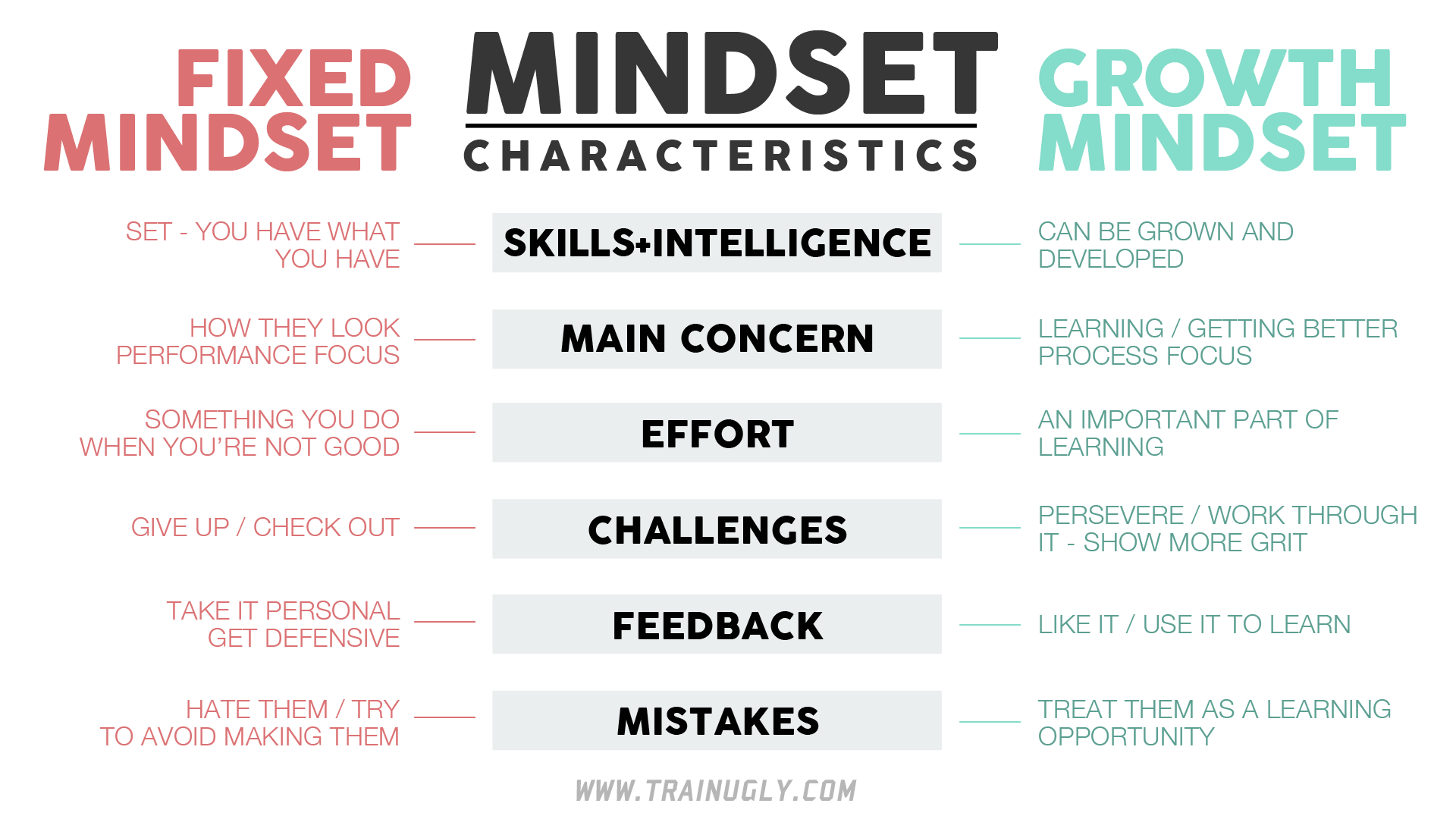How to Continue Learning and Growing While Incarcerated
Updated on 7/6/2023
For those who have been sentenced to prison for any amount of time, it can feel as if their life has been put on hold for the time being.
Even worse, incarcerated individuals may also feel as if, even after they’ve been released, their lives are completely over.
While life behind bars (and after release) will certainly prove to be difficult for those who have been convicted of a crime, the simple fact is that time goes on – with or without you.
That said, it’s important for incarcerated individuals to find opportunities to learn and grow whenever they can during their time behind bars.
In this article, we’re going to discuss the numerous ways incarcerated individuals can make the most of their time in prison, so that once their sentence is over, they’ll be more prepared than ever to reach their true potential.
Why Education is Important for Incarcerated Individuals
Simply put:
Working to better yourself in some way or another is always a better use of your time than wasting the day – whether you’re incarcerated or not.
But, for imprisoned individuals, taking advantage of opportunities to learn and grow is essential.
For one thing, as we mentioned above, doing so will help prepare these individuals to re-enter the “real world” as functioning – and valuable – members of society. While it may be difficult enough to find gainful employment due to a criminal record, those who haven’t used their time behind bars to learn and grow will, unfortunately have a much more difficult time doing so.
Additionally, prisoners who spend their sentence learning and growing are much less likely to commit additional crimes upon release. This is due to a variety of factors, from an increase in employment potential to an increase in self-worth; we’ll discuss both of these factors throughout this article.
 (source)
(source)
With all of this in mind, let’s dive into the numerous ways in which your incarcerated loved one can use their time behind bars to learn and grow as much as they possibly can.
How to Continue Learning and Growing While Incarcerated
As we’ve alluded to, an incarcerated individual can spend their time behind bars waiting for their sentence to end – or they can look at this time as an opportunity to grow.
For those who choose the latter, there are a number of opportunities available, such as the following.
Formal Education and Training
According to the Federal Bureau of Prisons’ website , all federal prisons offer educational programs for inmates related to:
- Literacy
- English as a Second Language
- Parenting
- Physical and mental wellness
- Continuing education
- Recreational education
These programs are focused on:
- Enabling inmates without a high school diploma to earn their GED
- Enabling those who do not speak English to learn the language
- Keeping inmates active and productive during their sentence
Aside from these basic educational courses, some institutions also offer vocational training, as well. However, the availability of such training is often dependent upon the needs of the local job market – as well as the needs of the labor market within the institution. In other words, inmates typically don’t have a choice regarding the area in which they’ll be trained – if such training is made available at all.
Though not typical, some prisons offer post-secondary and college programs for inmates who are eligible and choose to attend them. As is the case for non-incarcerated individuals, inmates who wish to attend these courses must pay to do so.
Whether attending mandatory or optional courses, it’s important for incarcerated individuals to actively participate in their education at all times. By looking at this coursework as an opportunity to grow – rather than just a way to pass the time – it’s all but guaranteed that your loved one will come out of their prison sentence sufficiently prepared to re-enter the workforce.
Self-Directed Education
Aside from attending structured classes and trainings, inmates also have a number of opportunities to commit to self-directed learning.
The most common way to go about educating oneself in prison is, quite simply, to read as much as possible. Whether done for pleasure or for educational purposes, maintaining a reading habit can have far-reaching effects for an incarcerated individual that can be beneficial even after they’ve completed their sentence.
 (source)
(source)
Typically, reading during one’s recreational time is not just acceptable – it’s encouraged. As reported by the BOP’s website, most prison institutions provide inmates with access to a library system. While these libraries contain a variety of reading materials – from novels and non-fiction to newspapers and magazines – some also allow for inter-library requests. This system provides inmates with access to even more material with which to continue their self-driven education.
Loved ones, too, can send reading material to their incarcerated friends or family members – but certain restrictions apply. Any reading material sent to an inmate must be sent directly from the supplier (e.g., Amazon) to the inmate’s institution. Additionally, certain materials – such as books that depict nudity or violence – are prohibited. The best course of action is for your loved one to clear a specific request with prison personnel before asking you to have the material sent to them.
In addition to reading, writing is also a productive way for an incarcerated individual to pass the time. Typically, writing is a bit more restricted than reading in prison (i.e., inmates can’t usually keep a journal or anything like that) – but it’s not prohibited.
Writing as a hobby has a number of benefits:
- Allows you to organize your thoughts, ideas, and feelings
- Allows you to record your learnings
- Allows you to express yourself creatively
Prisoners that decide to take up writing as a hobby will usually send whatever they’ve written to their loved ones via regular mail for safekeeping. Upon their release from prison, it’s not unheard of for inmates to publish their writings in order to tell their story – and potentially profit from doing so. A strong background in literacy can open numerous doors for any individual – incarcerated or not. If a loved one has been sentenced to prison for any period of time, it’s incredibly important that you help them understand just how much a love of reading and writing can help them grow throughout their sentence.
Growth in Mindset
We’ve touched on this a bit throughout this article, but it’s worth diving a bit deeper into the ways in which incarcerated individuals can grow as people in addition to as professionals. The debate over whether prison is meant to be punitive or rehabilitative is ongoing; there’s certainly no consensus either way. That said, inmates can certainly take it upon themselves to use their time in prison to rehabilitate themselves – and come out on the other side feeling much more positive about life in general.

There are a number of ways in which inmates can take control of their life during their sentence, including:
- Becoming more self-aware
- Managing stress
- Navigating areas outside their comfort zone
- Strengthening their perseverance and focus
- Adopting a more positive mindset
While the classes mentioned above – as well as newfound reading and writing habits – can aid in the process of attaining these goals, working toward such growth is more of an ongoing, ever-encompassing journey.
Simply put: every second an individual spends behind bars will provide an opportunity for them to strengthen one of these core areas of their personality; it’s up to the individual to take advantage of these moments whenever they arise.
As you surely know, being sentenced to prison can be incredibly disheartening (to put it lightly).
As the friend or family member of an incarcerated individual, it’s your duty to do whatever you possibly can to motivate your loved one to pursue opportunities for growth whenever they have the chance. On their worst days, you want to be able to lift them up and help them see what
they’re truly capable of; on their best days, you want to be there to celebrate what they’ve accomplished – and continue pushing them toward an even better future.
We at Pigeonly want you to be able to stay in touch with your incarcerated loved ones, and provide them with the means to grow both professionally and personally. Check out our Services page to learn how we can help.